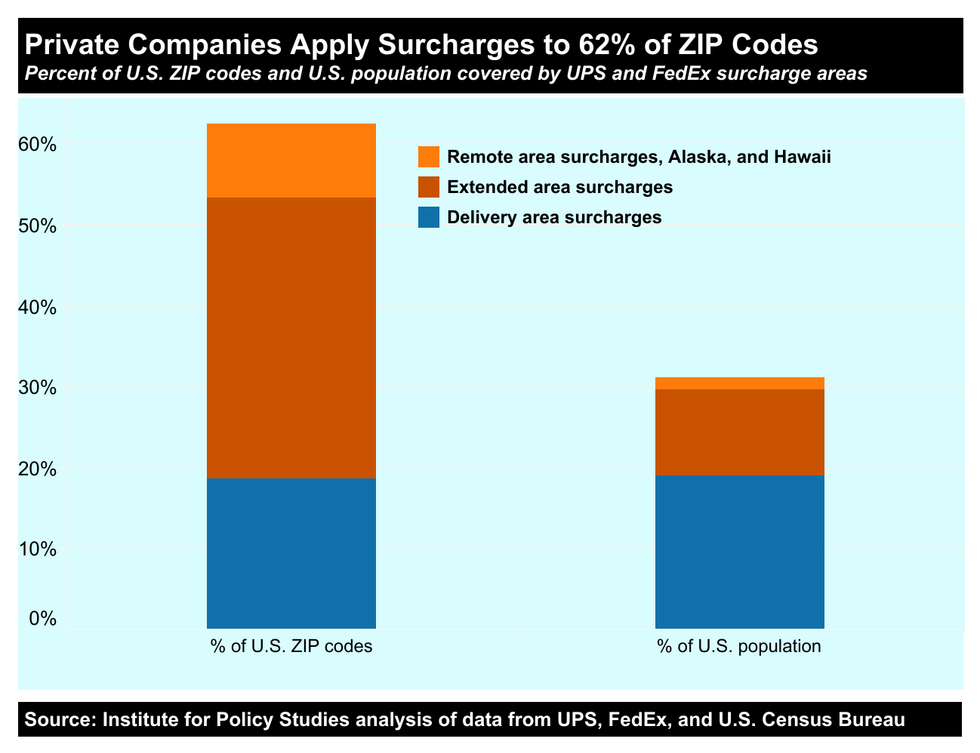The Tide Is Turning Against Trump’s Big Steal
Our population has been shocked and awed, just as intended. Yet we are waking up to great effect, beginning to fight back.
“Someday the wealthiest people, deprived of their ability to extract super-profits from developing countries, will turn their attention inward and gobble up the middle and working classes here in the U.S.”
So predicted my economics professor in 1962 at New York’s New School. These words were unbelievable to my 22-year-old ears. Picket fences were springing up all across America, accompanied by paid vacations, job security, and pensions. Expansion of our rights was the only vision on my horizon.
Riding a postwar economic boom, young people like myself were tearing down entry barriers to the middle class. Legal segregation was about to fall, women were gaining access to traditionally “male” jobs, and unions flourished. We enjoyed complete freedom of speech. No way could we be gobbled up.
Now every sector of public life is on the verge of privatization, with our hobbled Post Office the latest target. While not entirely new, this is an upleveling of the plunder.
“The independence movements exploding in Africa, in India, all over the world, will force the wealthiest Americans to seek the predatory profits they are used to at home,” my professor declared. “They will pauperize the U.S. working and middle classes.”
His words lingered, smoldering in the back of my mind. Could this ever come to pass in “the home of the free”? I knew about our blemished past, with its human slavery and genocide of Indigenous nations, yet still I held fast to our promise of democracy for all. The rule of law would never allow oligarchs to plunder our country the way we had plundered others.
In 1964, when the shockingly conservative Barry Goldwater became the Republican candidate for president, I wondered about the prediction. Could this be the moment we began to tumble? In the early morning hours I voted, praying (and I was not then a praying woman) that Lyndon Johnson, the Democratic incumbent, would prevail. He did in a landslide, winning 61.1% of the popular vote. “That was a trial balloon,” my professor said. “They haven’t gathered enough strength yet.”
Republicans went to work winning local elections, then state level. In 1980, when President Ronald Reagan broke the air controller’s strike, I worried again. And union strength—that hold-the-line power—did decline, but enough folks didn’t fold and we retained our democracy.
Yet today the government disappears people without due process; threatens to cut benefits for working people while installing tax cuts for the wealthy; and demands oversight of universities, our bastions of free thought. What is this but the super-profit power grab my professor predicted so long ago?
Republicans have already narrowed our rights—reproductive and voting—to erase 20th-century gains. They’ve gutted public programs, underfunding education and offering for-profit and nonprofit charter schools instead. Our highly efficient public Medicare program has had to compete with private plans for the last 28 years.
(I always understood that a government plan, without profit, would be more cost-effective. I did not know how much better its coverage was until I needed open-heart surgery and my cardiologist asked, “Do you have original Medicare or an Advantage plan? Oh good, original. I can get you right into the hospital. With Advantage it takes weeks.” The private plans, I learned, often deny prior authorization, knowing that only 11.7% of people reapply despite the vast majority of reapplications gaining approval. In my 20 years with traditional Medicare no physician-requested treatment has ever been denied.)
Now every sector of public life is on the verge of privatization, with our hobbled Post Office the latest target. While not entirely new, this is an upleveling of the plunder.
Our population has been shocked and awed, just as intended. Yet we are waking up to great effect, beginning to fight back: Witness the 5.2 million demonstrators in April 5 Hands Off protests. Hundreds of grassroots organizations, taking root in local communities, have been preparing for this moment.
The president of Harvard University, Dr. Alan Garber, has just added the strength of that venerable institution to those holding the line. “The university will not surrender its independence or relinquish its constitutional rights,” he wrote, refusing a federal government demand for oversight. Other respected universities and colleges are rushing to support Harvard, even creating mutual defense pacts to support each other in case of government attack.
Rep. Alexandria Ocasio-Cortez (D-N.Y.) and Sen. Bernie Sanders’ (I-Vt.) Fighting Oligarchy tour is drawing massive, unprecedented crowds, like the 30,000 who lined up for three miles this week, awaiting a rally in conservative-leaning Folsom, California.
The tide is turning, with brave judges, educators, lawyers, courageous fired government whistleblowers, and countless others in every occupation stepping up.
Once more, people are holding the line. Once more, my old professor’s doomsday prophecy will not manifest. Not now. Not on our watch.
We’ve held off the Big Steal this long. We can do it again.



